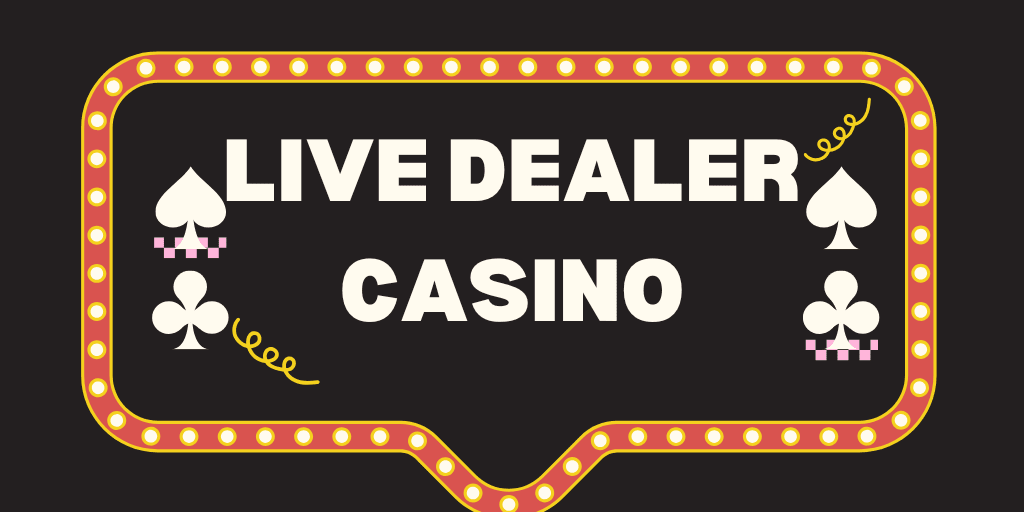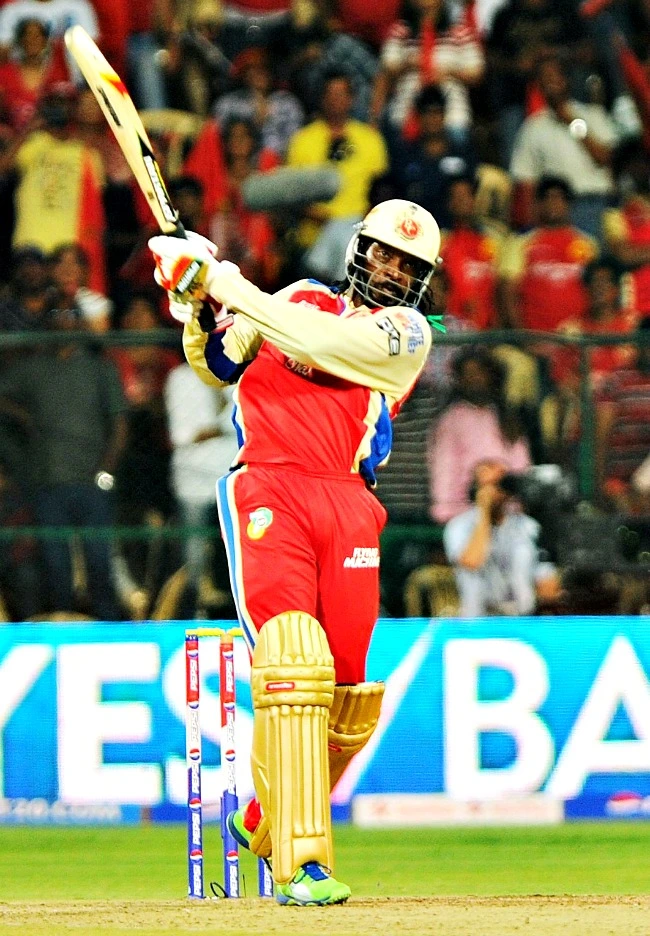What is Live Dealer Casino? Real-Time Gambling Explained

In a digital world where games evolve by the minute, one format in the iGaming space has taken the spotlight: live dealer casinos. Far from being just another online game mode, a live dealer casino brings the real casino environment onto your screen — without gimmicks, and without pretending it’s more than what it is.
This article breaks down the structure, tech, human element, and regional variations of live dealer casinos — in the most grounded, clear-cut way.
Understanding Live Dealer Casinos
A live dealer casino is not a simulation or animation. It’s a real-time streamed casino environment where a human dealer is present, dealing cards, spinning the roulette wheel, or announcing lottery numbers. These games are hosted from physical studios — not some computer-generated world.
The key idea: players watch the gameplay live via a high-definition stream and interact with the dealer through an interface. No AI logic or auto-shuffling in the background — what you see is what’s happening.
It’s the iGaming industry’s version of transplanting brick-and-mortar authenticity into the online realm.
How It Works Behind the Scenes
Game developers run live dealer studios from various global locations including the Philippines, Spain, Malta, Costa Rica, Ireland, Latvia, and others. These studios are built to replicate casino interiors and are fitted with real tables, equipment, and professional dealers.
Here’s the basic setup:
- Multiple Cameras: To provide close-up angles and a seamless view of the gameplay.
- OCR Technology: Optical Character Recognition tools scan physical cards, dice, and roulette wheels in real-time to convert them into digital output.
- Dealer Interface: Dealers have a screen in front of them where they can view player messages and respond.
- Player Dashboard: On the player’s side, actions like placing bets, requesting cards, or participating in chat are available through a GUI (Graphical User Interface).
Unlike computer-based games that rely on RNG (Random Number Generators), live dealer games play out exactly as they do in a physical casino — visible, traceable, and human-led.
What Dealers Actually Do
Live dealers, also known as croupiers, aren’t just people reading scripts or acting robotic. They undergo specific training to run the game fairly, follow gambling laws, and keep the session smooth. They’re also taught how to engage players in a way that keeps the atmosphere lively — without going overboard.
In the game room, the dealer deals cards, announces moves, spins the roulette wheel, or draws numbers — depending on the game. They respond to player messages, address queries, and manage the table just like they would at a casino floor.
Types of Live Dealer Casino Games
The genre isn’t limited to one type of gameplay. There are several categories under which live dealer games fall, each offering its own style, pace, and level of involvement.
1. Card Games
These are the foundation of live dealer casinos.
- Blackjack: Available in forms like infinite blackjack, early payout blackjack, and common draw.
- Poker Variants: Texas Hold’em, Stud, and other classics.
- Baccarat: Regular versions and simplified ones like Dragon Tiger.
2. Table Games
These include:
- Roulette: Both American and European versions.
- Craps, Sic Bo, and Dice Duel: Popular for their fast pace and high engagement.
Some providers even offer live slot games, where spins and outcomes happen in front of you, overseen by a host.
3. Lotteries and Game Shows
Beyond cards and wheels, game show-style content has emerged:
- Dream Catcher
- Crazy Time
- Monopoly Live
- Mega Wheel
- Keno, Live Bingo, and Live Lotto
All these are hosted live, with a central dealer announcing results in real time, making it more interactive than traditional number generators.
Regional Preferences: A Game of Geography
Live dealer casinos aren’t consumed equally everywhere. Preferences, trust factors, and legal environments vary significantly.
Asia
This region, especially China, saw early adoption of live dealer games due to skepticism around RNG-based games. Live dealers offered a sense of fairness — people preferred seeing someone turn a card live than trusting a machine.
Popular games here include:
- Baccarat
- Dragon Tiger
- Super Sic Bo
Visual elements, such as dealers dressed in traditional Asian attire, are often used to enhance cultural relatability.
Eastern Europe
Poker, Blackjack, and Roulette dominate this zone. Operators run promotions like cashback or tournaments to retain players, and live game shows are also quite successful here. The vibe leans more toward competitive play.
Western Europe
The UK and Sweden are mature markets for gambling. Live dealer casinos are closely regulated and attract both casual and seasoned players. Operators often launch with live games first before offering RNG options — it helps establish trust early on.
United States
Though only partly legalized, states like New Jersey and Pennsylvania are witnessing a surge in live dealer demand. Operators here run basic versions of games but are gradually expanding as regulations evolve. Players in non-legal states often access these games via offshore platforms.
Africa
In South Africa, where gambling is mostly restricted, live dealer games are still popular. Titles like Roulette, Blackjack, Poker, and Baccarat are accessed through offshore sites despite the legal gray area.
Why Operators Are Investing in It
For platform owners, live dealer games aren’t just about novelty. They offer concrete advantages that standard iGaming models can’t:
- Pulls in Players
- Boosts Game Discovery
- Suits All Ages
- Trust Factor
- Game Variety

Final Thoughts
Live dealer casinos are not a trend — they’re a structural evolution in how gambling content is consumed. As technology made it possible to replicate real-world casino dynamics in real-time, players responded with enthusiasm, especially in regions where trust in automated games was low.
This model sits at the intersection of entertainment, transparency, and human interaction — replacing the traditional casino floors not by mimicking their glitz, but by keeping the core experience intact: real dealers, real actions, and real outcomes, streamed straight to a screen.
Read also:
FAQs
Q1. Are live dealer casinos open all the time?
Most run 24/7, but some games have set hours.
Q2. Do they have different tables for low and high bets?
Yes, tables come with varied betting limits.
Q3. Can I change camera angles during the game?
Some games allow it, others stick to fixed views.
Q4. What if I disconnect during a game?
Your last move is saved, and results process normally.
Q5. Can dealers change the game outcome?
No, they follow strict rules and can’t interfere.







